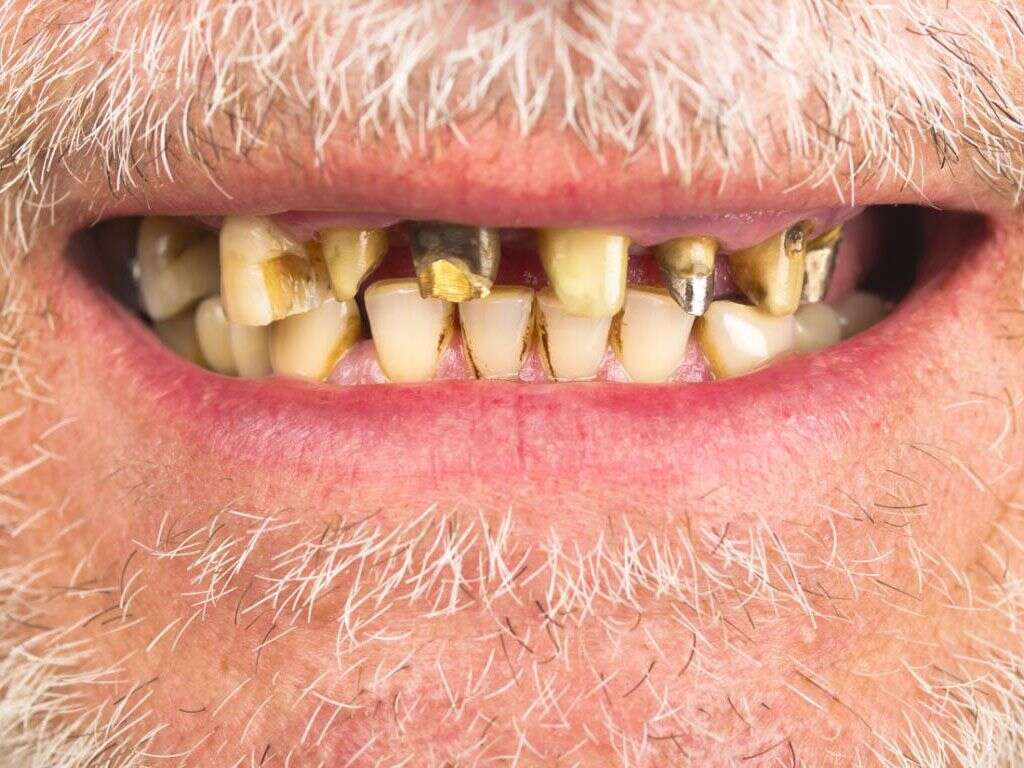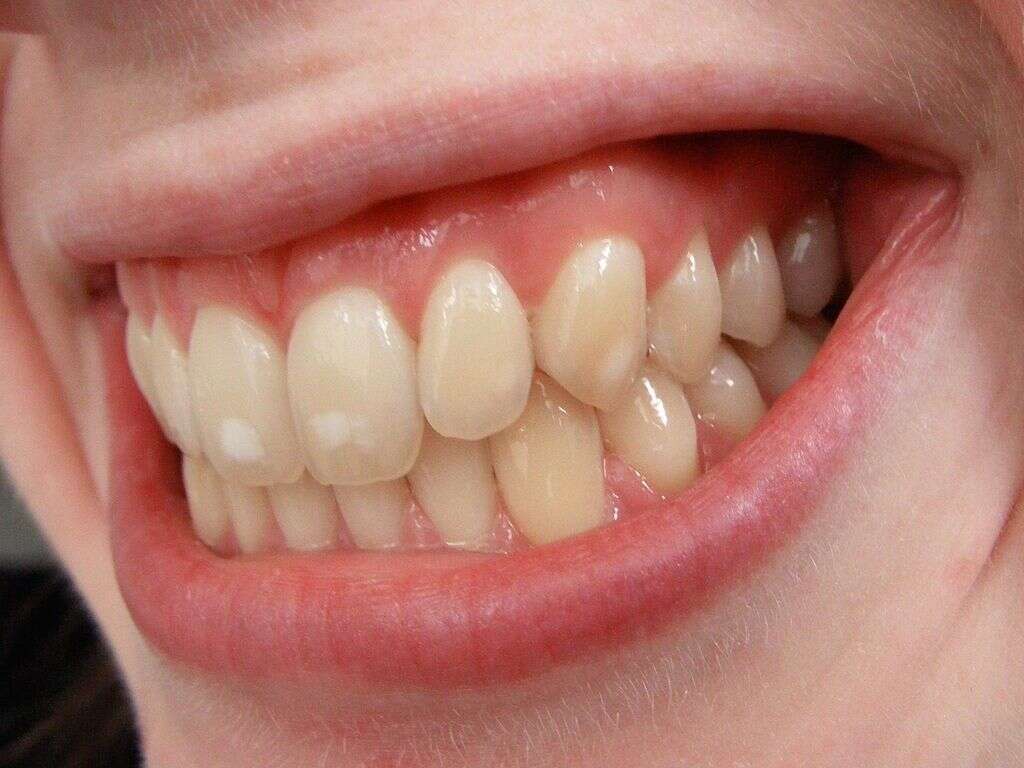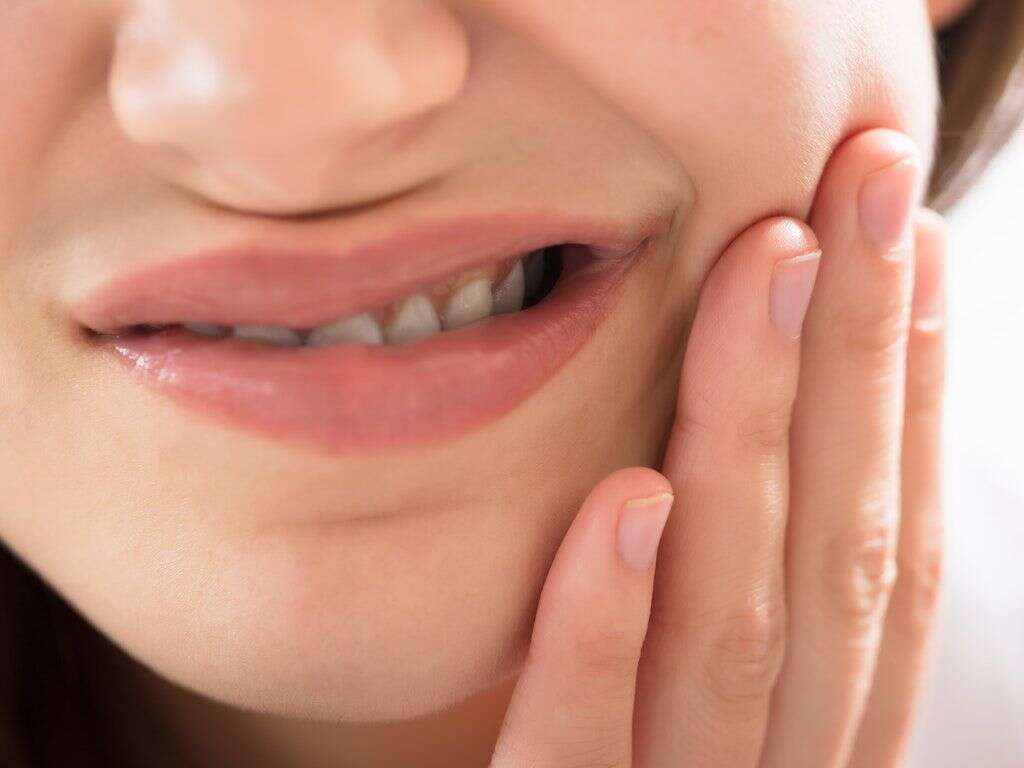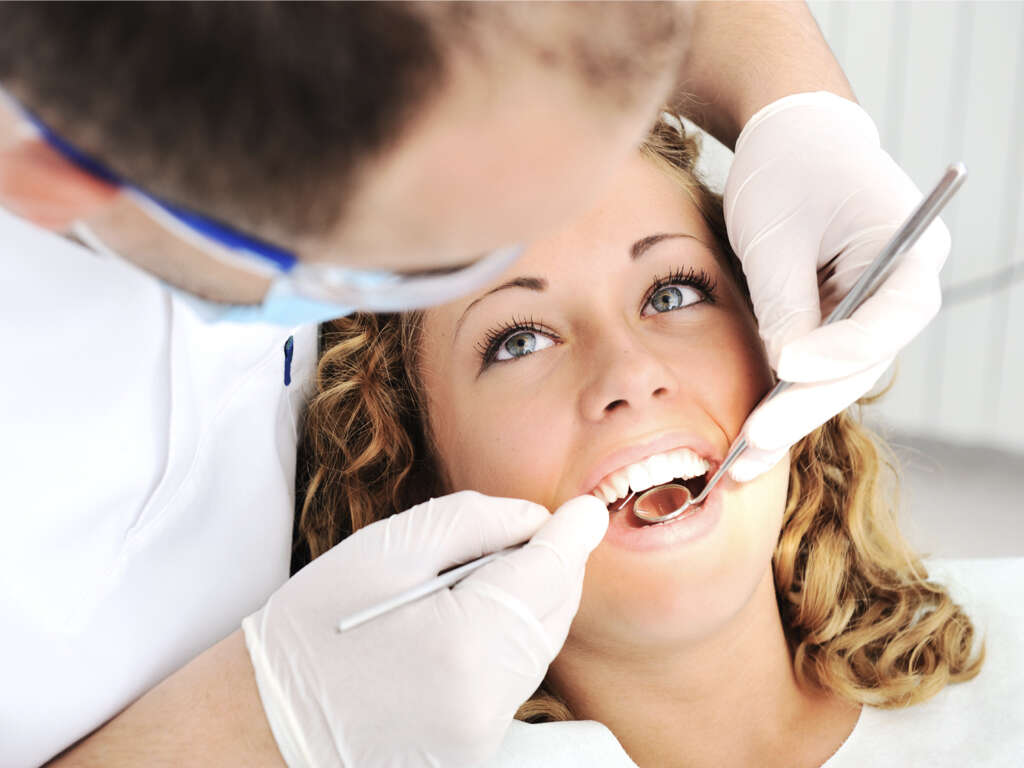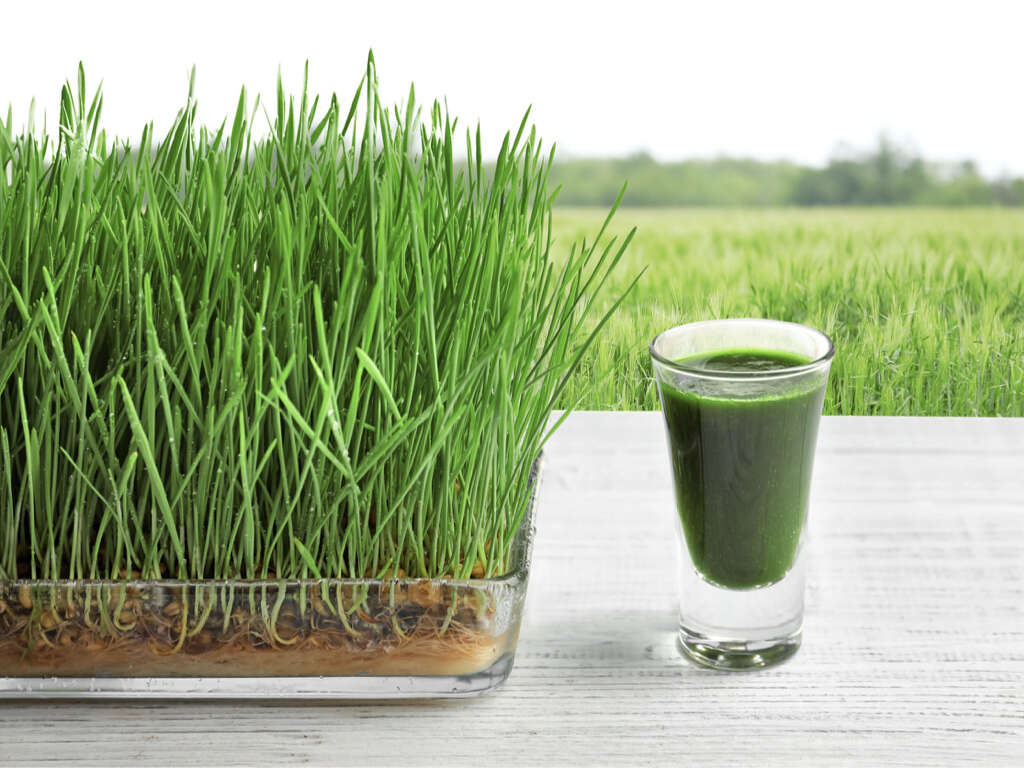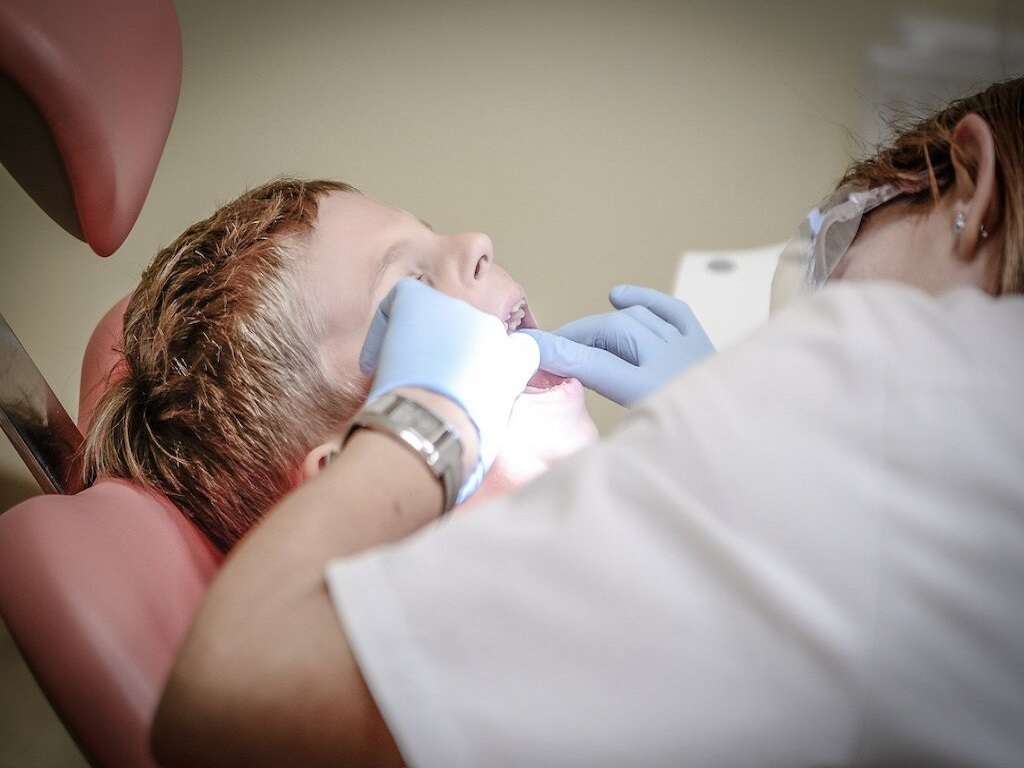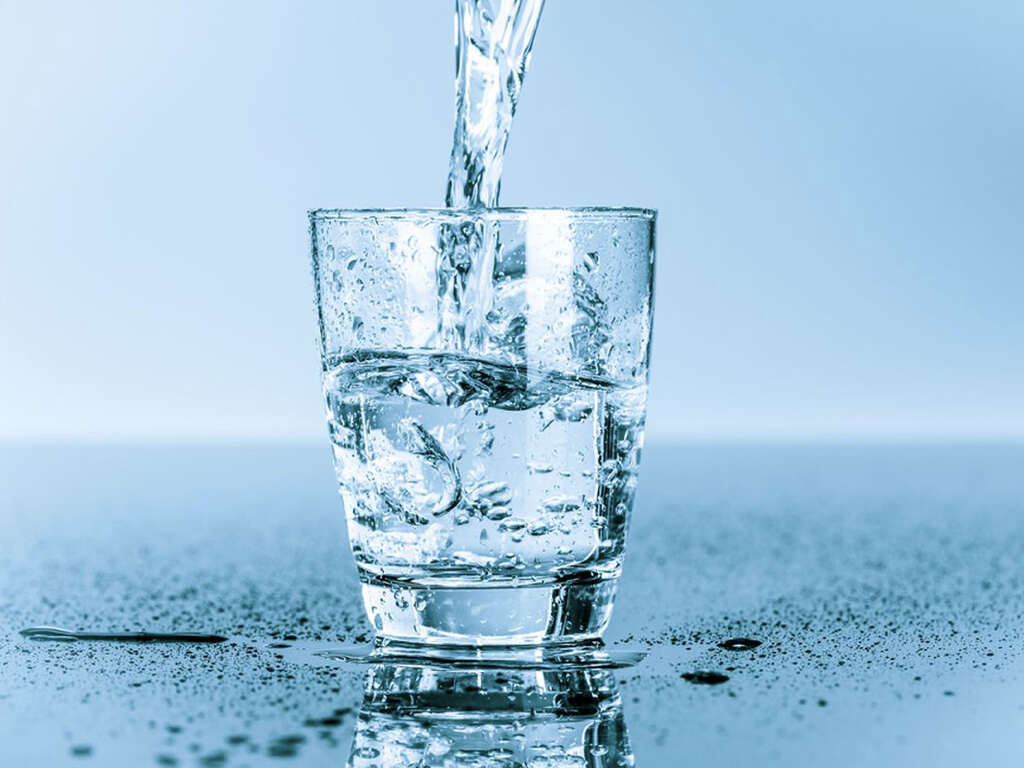10 Causes of Bad Breath
Bad breath or halitosis is a significant issue as it impacts the quality of life of people who suffer from it. In fact, it is the third most common reason why dental care is sought out. Bad breath causes can be divided into oral or non-oral. Importantly, eighty-five percent of bad breath cases are caused by issues that involve the mouth. The remaining cases occur due to disorders in the nose, throat, sinuses, lungs, or esophagus (rare). Additionally, underlying systemic medical conditions (i.e. diabetes, bronchial infections) can rarely cause bad breath.
The treatment of halitosis depends on the cause. To ensure good oral hygiene practices is the best way to manage halitosis. Some measures people can take to improve their oral health are to brush their teeth constantly, deep tongue cleaning, using mouthwash, and flossing. The treatment of an underlying disease such as diabetes, gum disease, and gastroesophageal reflux disease can also be beneficial.
Cause #1: Plaque
Oral plaque or the sticky film of pathogens (i.e. bacteria) that forms on your teeth, gums, and tongue is one of the most common causes of halitosis. It can be whitish, yellowish, or colorless. Plaque is a result of poor oral hygiene and it is mostly made up of fluids, food debris, bacteria, and sugars. Furthermore, in people with good oral hygiene, odor- producing biofilm is usually found at the back of the tongue. Deep tongue cleaning can be instrumental in managing symptoms.
Aside from halitosis, the consequences of the buildup of this biofilm include gingivitis and periodontitis. Gingivitis is a disease that involves the inflammation of the gingiva (gums around the teeth), that if untreated, can progress to periodontitis. The latter involves the inflammation of the tissues that support the teeth (periodontium), which can lead to tooth loss.
Cause #2: Foods
The intensity of bad breath can vary throughout the day as there are certain foods that can worsen or exacerbate it. Foods such as cheese, garlic, onions, fish, and certain meats can contribute to bad breath. Garlic and onions contain pungent oils that can be exhaled, which can cause bad breath.
In this case, there are some measures (aside from common hygiene practices) that can prevent halitosis, such as drinking more water, chewing gum, and eating breath mints.

Cause #3: Xerostomia
Xerostomia or dry mouth can be a symptom of several medical conditions. The production and constant flow of saliva in your mouth are necessary to keep it clean. Saliva can wash away food particles and limit the growth of oral bacteria. However, if your mouth is constantly dry, bacteria can proliferate easily, causing halitosis.
Causes of dry mouth include medications (i.e. antihistamines), cancer therapies, medical conditions (i.e. Sjogren’s syndrome), and tobacco use.
Cause #4: Gingivitis
Gingivitis occurs when the gingival crevices between the gums and teeth become inflamed. This occurs as a response to biofilm or plaque attached to tooth surfaces. Early stages of gingivitis can be reversed with good oral hygiene. In gingivitis, the gums can become painful, red, and swollen.
The gums also bleed easily especially after brushing or flossing as they are irritated and inflamed. Swollen gums appear to be shiny as they are stretched over the inflamed tissue. There can also be ulceration. Gingivitis can cause bad breath.
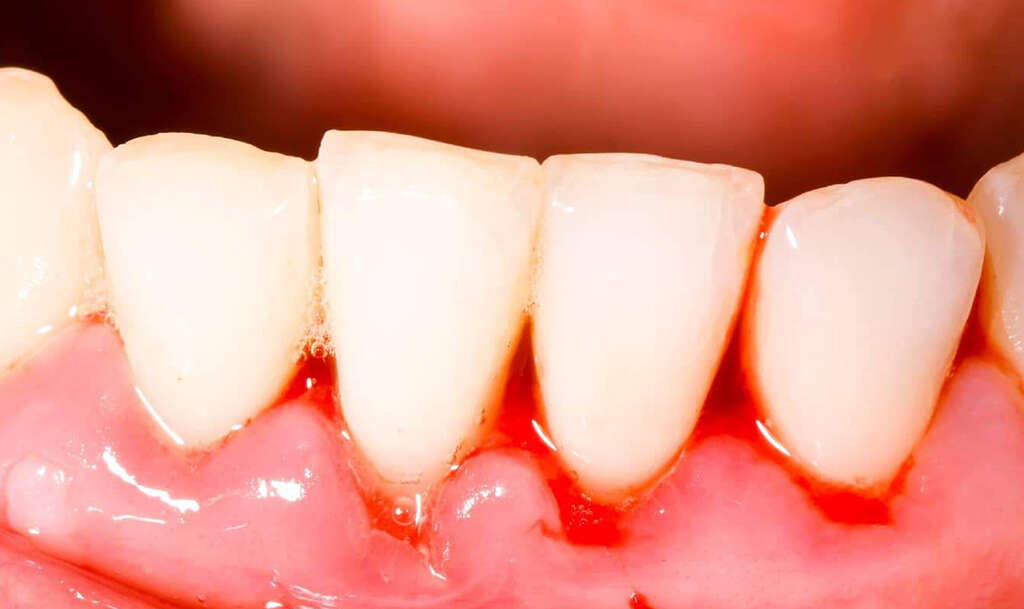
Cause #5: Advanced Periodontal Disease
Advanced periodontal disease is a well-known cause of severe halitosis. The accumulation of waste products from the bacteria located in the subgingival area produces a foul smell. Patients with this issue have been shown to have intense bad breath.
The removal of tartar or plaque from the subgingival region has been shown to improve odor in the mouth. This can be done using scaling and irrigation with an antibiotic mouth rinse.
Cause #6: Interdental Food Packing
Interdental food packing refers to the impaction of food between the teeth. This can be seen in missing teeth, spaced, tilted, or crowded teeth, and poorly contoured fillings. It can also be seen in impacted wisdom teeth where food debris gets caught between a growing tooth and the gum flap covering it.
The trapped food debris undergoes bacterial putrefaction and releases malodorous volatiles. Food packing can also lead to a localized periodontal reaction where there is pain relieved by the cleaning of area using a brush or floss.
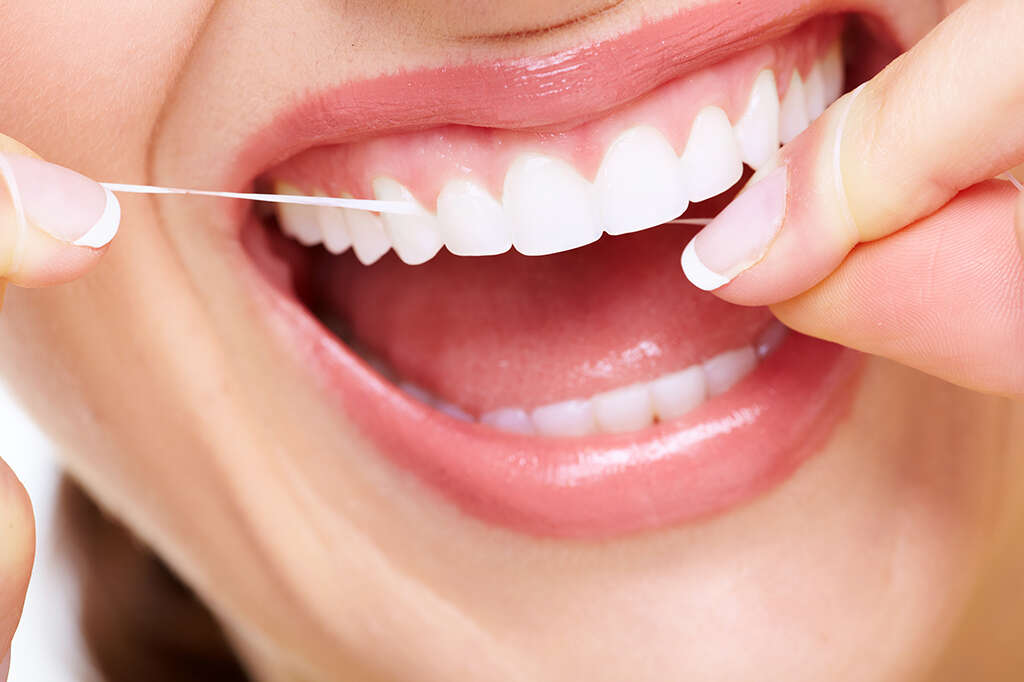
Cause #7: Acrylic Dentures
Acrylic dentures, or false teeth, that are made out of plastic may be the cause of bad breath. Care for the prosthesis involves the cleaning and removal of dentures every night. Failing to do so may result in malodor from the mouth or the plastic as a result of the bacteria. The plastic material that is used to make the dentures is porous.
The fitting surface may also be irregular in molding to the edentulous anatomy of the mouth. All these are factors that increase the predisposition of yeast and bacterial retention resulting in bad breath.
Cause #8: Disorders of the Nose, Sinuses, and Tonsils
Disorders of the nose and sinuses can cause bad breath as the air exiting the nostrils has an unpleasant odor that does not originate from the mouth. This odor can occur when there are foreign bodies or sinus infection. For example, in chronic rhinosinusitis, halitosis is often a common symptom. Disorders of the tonsils can also cause a significant number of bad breath cases.
There are some experts who claim that tonsils are the second most common cause of halitosis. Some of the tonsillar conditions that can cause bad breath are peritonsillar abscess, tonsillitis, tonsillolithiasis, fungating malignancies, actinomycosis, among others.

Cause #9: Disorders of the Esophagus
Some disorders of the esophagus can cause bad breath. The lower esophageal sphincter located between the esophagus and the stomach may not function properly leading to gastroesophageal reflux disease (GERD).
This allows the excess acid to ascend and escape into the esophagus, leading to halitosis. Zenker’s diverticulum also causes retention of food in the esophagus which causes bad breath.
Cause #10: Systemic Diseases
There are several systemic diseases that can cause bad breath. Some of these include fetor hepaticus where there is bad breath caused by chronic liver failure, lower respiratory tract infections, diabetes mellitus, kidney failure, and metabolic conditions, carcinomas, and trimethylaminuria.
However, these individuals often experience more symptoms than just bad breath alone.



